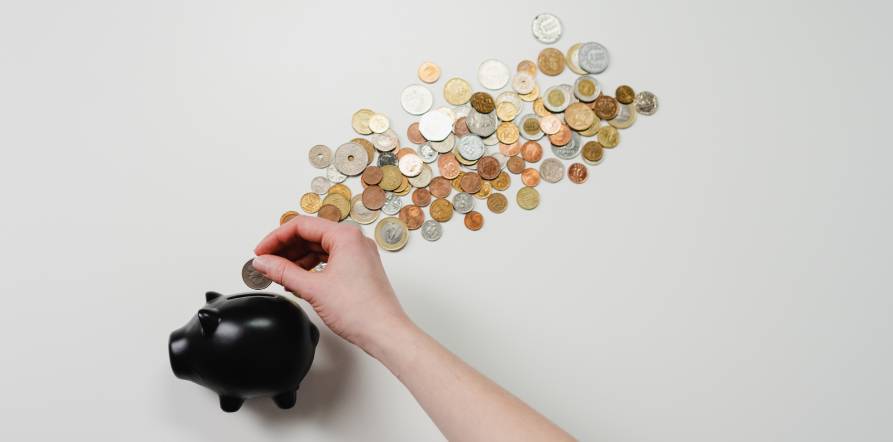
How many of you are convinced that life is full of uncertainty with 2020 bringing the only
and the worst kind of certainty in our lives- contracting covid-19, suffering a natural
calamity, or for the pessimistic lot- death?
The impact of the virus has varied from country to country, with a fortunate few slowly
nearing a complete unlocking of the economy while the rest struggle to battle it and their
economies on the verge of collapsing.
Consumer spending is one of the major drivers of global economic growth and in the wake
of this horrid year, studying consumer behavior has gained renewed relevance for
economists as it is this trend which will decide the fate of B2C businesses.
Even when the global economy witnesses a troubling year, there are two schools of thought
debating whether hedonism will prevail where majority of the consumers will splurge on
buying goods and services or that they would clutch onto their money as insecurity
increases.
Many around us have shunned the concept of materialism and have been seeking happiness
from spending time with loved ones while lobbying for environmental populism and the no-
waste culture. They believe that unnecessary consumption has been detrimental for the
environment and that this pandemic is an eye-opener, pushing us to adopt a more
conscious way of life. On the other hand, a growing sense of hedonism has dawned upon
the rest of us, where relaxation of the lockdown has been a gateway for pleasure seeking by
embarking on a spending streak.
With these drastically opposing views related to consumer expenditure, it will be interesting
to see which role the consumer shall assume- a spendthrift, or that of a saver. Hedonism,
the feeling that we all associate with pleasure and well-being, is compatible with the
materialistic aspect of life. As studies have found, social trauma promotes materialistic
decisions as it is related with uncertainty regarding mortality and future survival. Consumers
start assigning greater weightage to short-lived happiness. An article by consumer
psychologists, ‘an urge to splurge’ presents the terror management theory (TMT) and talks
about the consumeristic worldviews which protects people from existential anxieties.
In India, data shows that deposits (savings, current and term) increased during lockdown
1.0, as people grew apprehensive and completely cut down on spending. During lockdown
3.0, deposit growth turned negative as people started nearing a state of normalcy.
Lockdown 4.0 again saw a variation in this trend with increasing deposits and lesser
incentive to spend. This uneven pattern of deposits and advances during a series of
lockdowns is being analysed by experts to determine consumer insights and predict the
speed of recovery for businesses and the economy in general.
Countries which are linked to higher levels of optimism, like India, China and Indonesia,
have increased spending even for non-essential products. This is particularly true for the
elites, who are more or less insulated from the financial impact of the pandemic. As we
climb down to the middle class, forced austerity is increasingly becoming evident due to a
financial crunch. Cutting down on unnecessary expenditure and optimally using resources
has become the preferred way of life. It is possible that the paradox of increase in consumer
spending at a time of job losses and salary slashes may well be true only for the rich
segment of the society.
Whether we have trodden down the path of optimality whereby the near future will witness
a rise in ‘Quaranteens’ who are mindful of spending and have a no-waste mentality, or
consumers will assume roles of spendthrifts and embark on a journey of spending
prodigiously, is yet to be discovered.